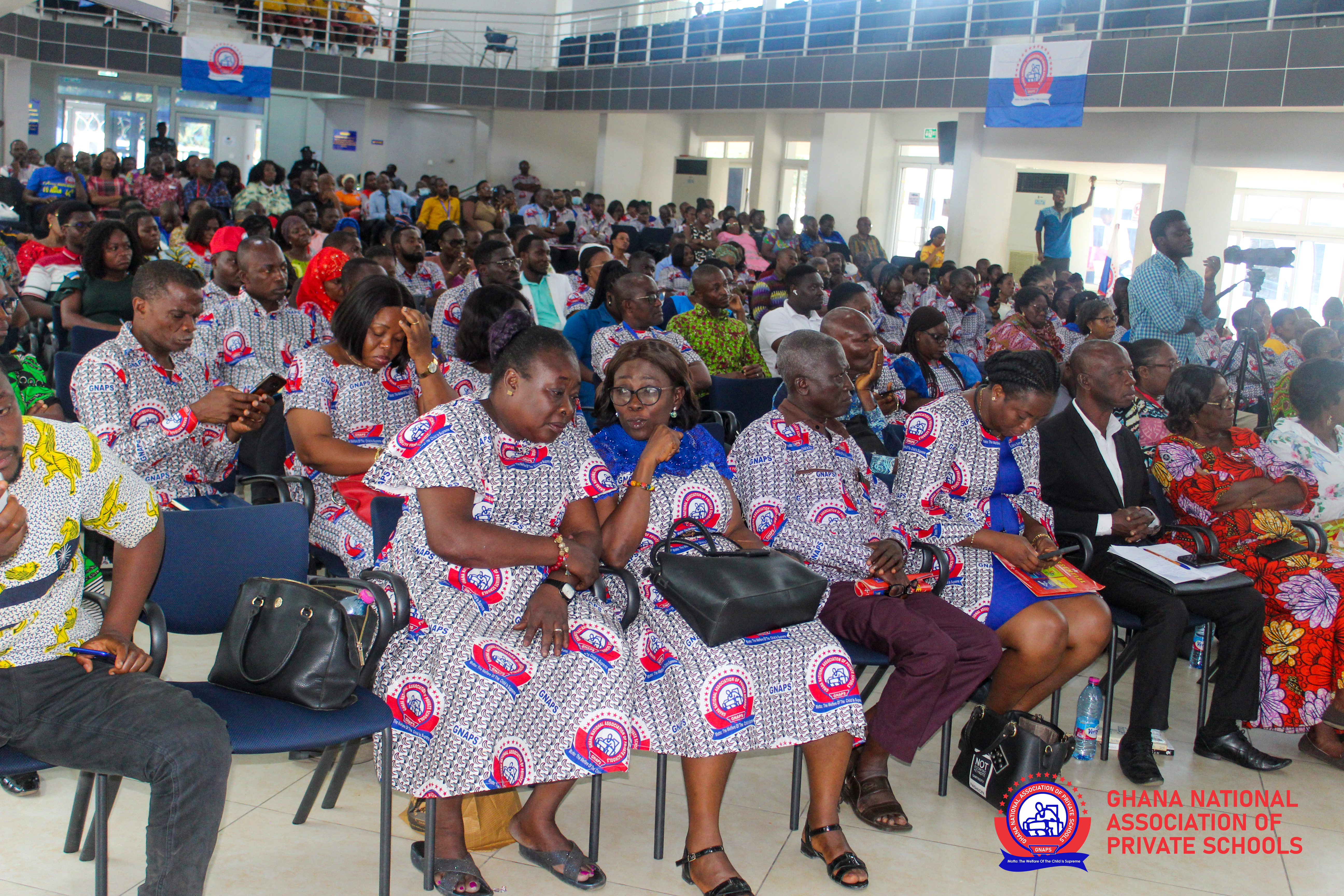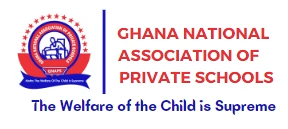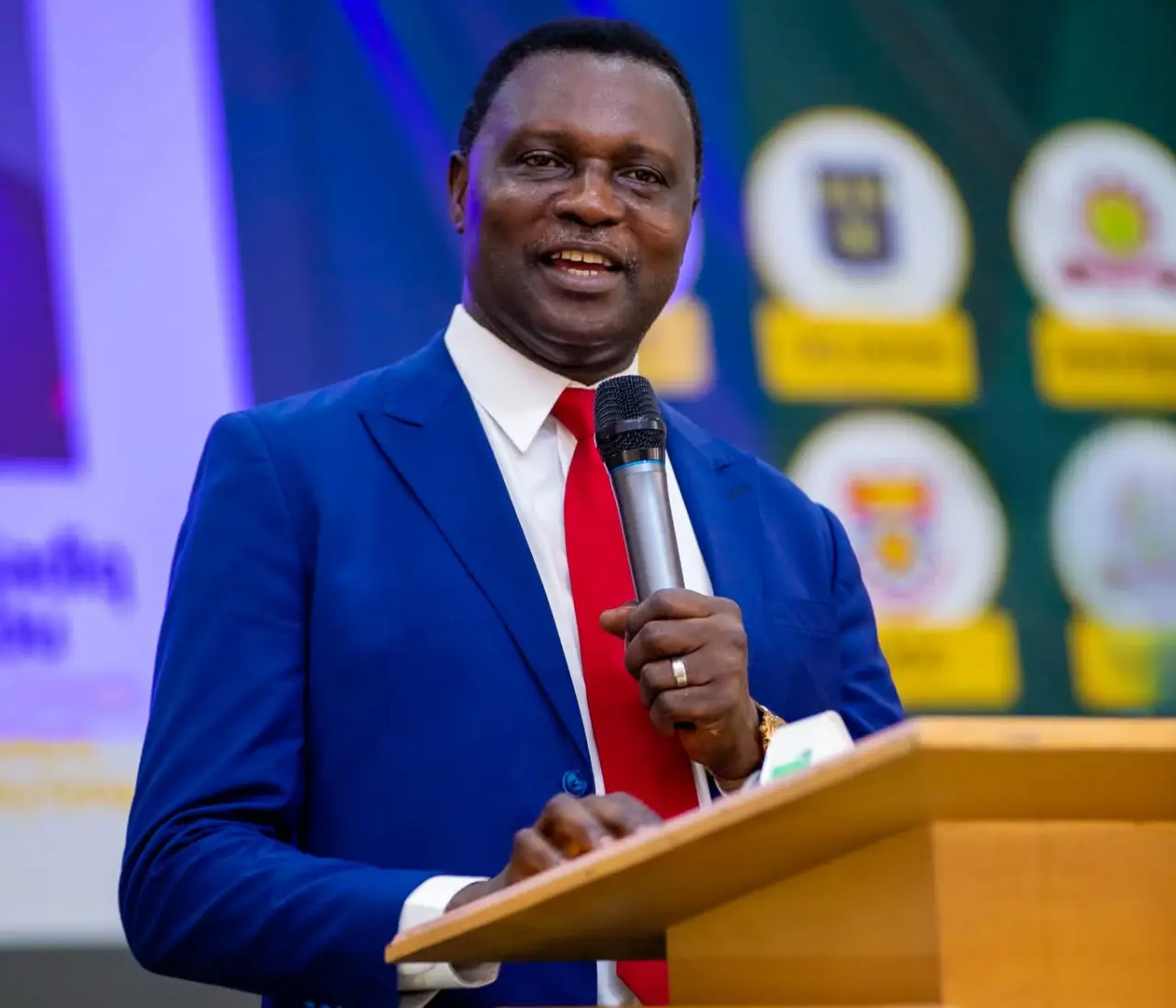
Private Education and National Development in Ghana – GNAPS Perspective
Ghana’s future depends on the quality of education we deliver today. Too often, public debate about schooling frames the state and non-state sectors as rivals. The truth is simpler and more urgent: Ghana’s public and private pre-tertiary schools are partners in national development. Private schools educate millions of children, relieve pressure on public provision, innovate quickly, and reach communities that would otherwise be underserved. If policymakers and international partners treat private pre-tertiary education as an asset rather than an afterthought, the country will make faster, fairer progress toward its human-capital goals.
Consider the numbers. Ghana’s basic education system serves nearly six million learners in public basic schools alone. The Ministry of Education reports more than 43,000 public basic schools catering to roughly 5.9 million learners (2022). At the same time, government records show tens of thousands of private basic schools registered with the Ghana Education Service, reflecting a parallel system that is substantial in size and national reach. These private institutions—including kindergartens, primary schools and junior high schools—play a strong role in meeting Ghana’s rising demand for places and for quality alternatives.
World Bank and UNESCO data confirm the scale of private provision: roughly 28–30% of primary-level enrolment in Ghana is in private schools (World Bank data for 2020–2022), a percentage that has edged upward as families seek choice and quality. This means that nearly one in three children at primary level is learning in a non-state school, a non-trivial share whose outcomes, capacity and working conditions directly shape the country’s human capital.
Why does this matter for national development? First, private schools increase access. They open seats in fast-growing urban areas, provide pre-primary options in communities with limited public provision, and often operate in peri-urban and rural settings where demand outstrips state supply. Also, they are incubators of innovation: private schools experiment with pedagogies, measurement of learning outcomes, parent engagement models, and low-cost technology adoption that, if responsibly scaled, can benefit the whole sector. That aside, private schools are employers and small-business engines training teachers, creating administrative jobs and stimulating local economies.
But potential alone is not enough. For private schools to reliably contribute to national development, three basic conditions must be met: recognition, regulation that protects children and ensures quality, and strategic partnerships that provide resources and capacity building.
- 𝐑𝐞𝐜𝐨𝐠𝐧𝐢𝐭𝐢𝐨𝐧: Private schools are already part of Ghana’s education ecosystem. The Ministry of Education and Ghana Education Service collect EMIS data that include private institutions; we need official policy language that recognises non-state providers as partners in national education planning, not merely as fee-paying alternatives. Recognition should translate into practical measures: inclusion in national planning forums, access to capacity-building programs, and transparent criteria for any subsidies, grants, or in-kind support.
- 𝐑𝐞𝐠𝐮𝐥𝐚𝐭𝐢𝐨𝐧 𝐚𝐧𝐝 𝐪𝐮𝐚𝐥𝐢𝐭𝐲 𝐚𝐬𝐬𝐮𝐫𝐚𝐧𝐜𝐞: Parents choose private schools because they believe they will deliver better outcomes. That trust must be earned and protected. Robust, proportionate regulation; licensing of schools, transparent inspection, teacher professional development pathways, and clear child-safeguarding standards will raise overall quality and protect the most vulnerable learners. GNAPS supports constructive, evidence-based regulatory frameworks that raise standards while preserving the flexibility that allows innovation to thrive. The Ghana Education Service’s existing EMIS and inspection mechanisms, used by agencies like the National Schools Inspectorate Authority, provide a foundation to build upon.
- 𝐒𝐭𝐫𝐚𝐭𝐞𝐠𝐢𝐜 𝐩𝐚𝐫𝐭𝐧𝐞𝐫𝐬𝐡𝐢𝐩𝐬 𝐚𝐧𝐝 𝐢𝐧𝐯𝐞𝐬𝐭𝐦𝐞𝐧𝐭: The private sector and international partners have a major role to play. Public-private partnerships can deliver teacher training, digital learning tools, affordable health and wellness packages for school communities, and targeted financing for infrastructure upgrades in lower-income private schools. GNAPS has always welcomed discussions that benefit the private school community, but we urge government and donors to adopt models that are scalable, transparent, and focused on measurable learning outcomes for every Ghanaian child, whether in a private or public school.
- 𝐏𝐨𝐥𝐢𝐜𝐲𝐦𝐚𝐤𝐞𝐫𝐬 𝐦𝐮𝐬𝐭 𝐚𝐥𝐬𝐨 𝐭𝐚𝐜𝐤𝐥𝐞 𝐟𝐢𝐧𝐚𝐧𝐜𝐢𝐚𝐥 𝐬𝐮𝐬𝐭𝐚𝐢𝐧𝐚𝐛𝐢𝐥𝐢𝐭𝐲 𝐚𝐧𝐝 𝐞𝐪𝐮𝐢𝐭𝐲. Private schools are diverse: some are high-fee, well-resourced institutions, while many operate on tight margins, serving low- and middle-income families. National policy should not be one-size-fits-all. Targeted interventions, for example, professional development grants, subsidised learning materials, digital connectivity programmes, or conditional matching funds, can strengthen weaker private schools without distorting markets or advantaging already affluent schools.
- 𝐈𝐧𝐭𝐞𝐫𝐧𝐚𝐭𝐢𝐨𝐧𝐚𝐥 𝐩𝐚𝐫𝐭𝐧𝐞𝐫𝐬: bilateral donors, multilateral agencies, foundations, and private investors—should view Ghana’s private pre-tertiary sector not merely as places for philanthropic input, but as a strategic platform for impact. Funding that supports teacher training, learning assessment systems, and infrastructure (latrines, water, electricity, digital connectivity) will pay dividends in learning outcomes and long-term economic productivity. GNAPS is ready to collaborate on pilot programmes, rigorous impact evaluations, and scalable models that demonstrate how non-state provision can complement public education.
- 𝐅𝐢𝐧𝐚𝐥𝐥𝐲, 𝐞𝐯𝐢𝐝𝐞𝐧𝐜𝐞 𝐚𝐧𝐝 𝐝𝐚𝐭𝐚 𝐦𝐮𝐬𝐭 𝐝𝐫𝐢𝐯𝐞 𝐚𝐜𝐭𝐢𝐨𝐧. GNAPS supports ongoing EMIS modernisation and calls for disaggregated data reporting that differentiates public and private performance metrics in a way that is fair and useful. Comparative, transparent data will help policymakers target support, identify systemic gaps, and celebrate successful practices for replication.
Ghana stands at an inflection point. Our demographic dividend will be realised if every child receives a meaningful education that translates into skills, productivity and civic participation. Private schools are not a temporary solution; they are a vital partner in this national effort. We call on government ministers, international partners, and civil society to adopt a partnership mindset: recognise private pre-tertiary schools as full partners in nation-building; invest in regulation and capacity that protect children and enhance quality; and to join GNAPS in scalable programmes that improve learning for all Ghanaian children.
If we align policy, resources, and ingenuity, Ghana can accelerate progress in education outcomes and turn every classroom, whether public or private, into a stepping stone for national prosperity.



